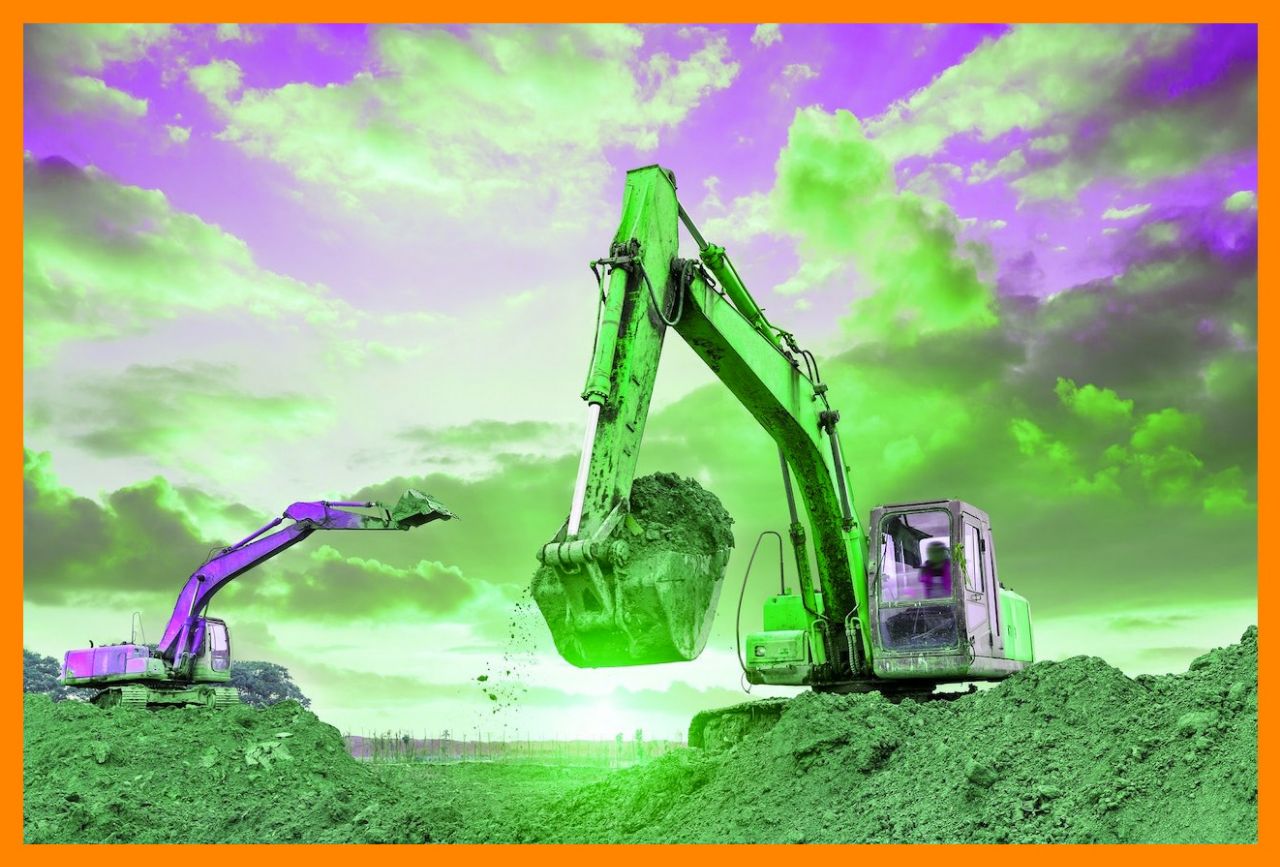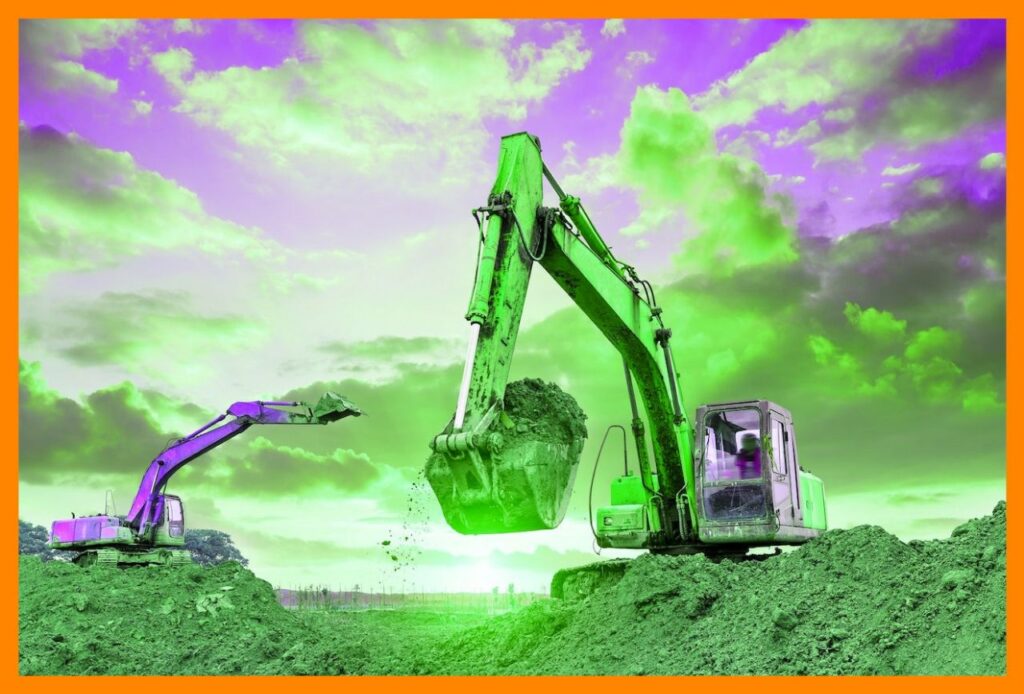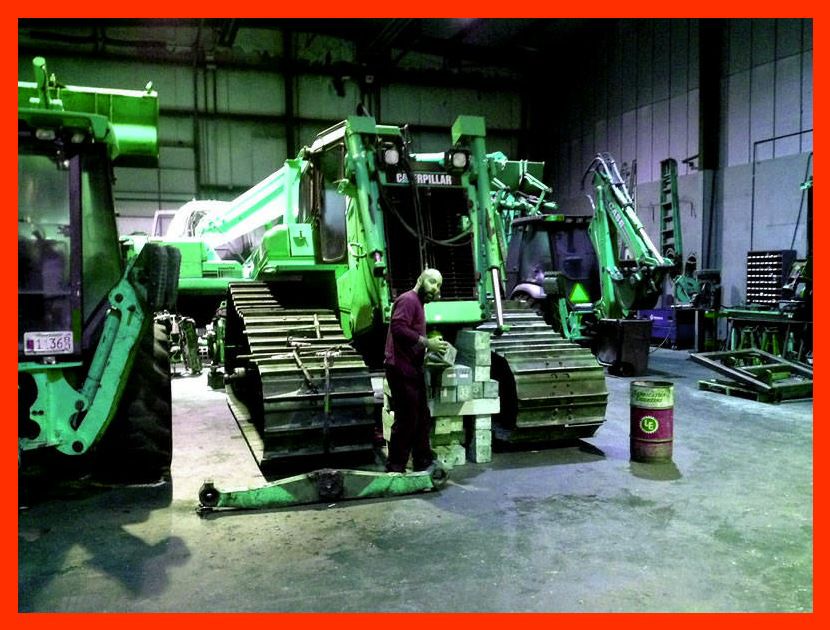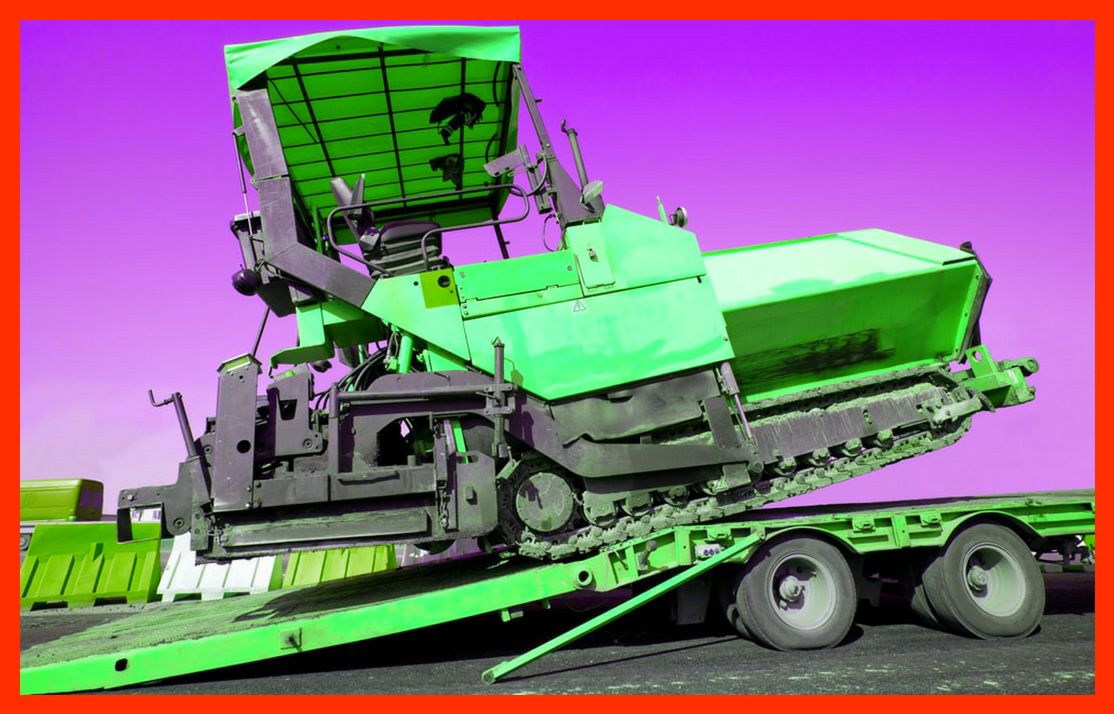
Heavy Equipment Maintenance Keeping the Giants Running
Heavy equipment maintenance might not be the most glamorous topic, but it’s essential for keeping those colossal machines running smoothly. Whether you’re a construction worker, a farmer, or simply curious about the world of heavy machinery, understanding the basics of maintaining these giants can save you time and money. In this article, we’ll break down the ins and outs of heavy equipment maintenance in simple terms, answering your questions and providing valuable insights.

1. What is Heavy Equipment?
Let’s start with the basics. Heavy equipment includes machines like bulldozers, excavators, cranes, and loaders. These machines are the workhorses of various industries, from construction to agriculture. They are massive, powerful, and designed to handle demanding tasks.
2. The Importance of Maintenance
Imagine you’re driving your car without ever changing the oil, checking the brakes, or inflating the tires. It wouldn’t take long before your car breaks down. Similarly, heavy equipment needs regular maintenance to function correctly and avoid costly breakdowns.
3. Daily Inspection Routine
Before firing up that engine, a daily inspection is crucial. Look for leaks, loose bolts, and any signs of wear and tear. This routine check ensures that small issues are addressed before they become big problems.
4. Lubrication: Keeping Things Moving
Heavy equipment has many moving parts that generate friction and heat. Proper lubrication reduces wear and extends the life of these components. Make sure to follow the manufacturer’s recommendations for the right lubricants.
5. Engine Care: The Heart of the Machine
The engine is the powerhouse of heavy equipment. Regular oil changes, air filter replacements, and coolant checks are vital to keep the engine running smoothly. Don’t forget to inspect the belts and hoses too.
6. Hydraulics: Powering the Beast
Hydraulic systems are essential for heavy equipment’s functionality. Check for leaks, ensure proper fluid levels, and replace filters as needed. Neglecting hydraulic maintenance can lead to costly repairs.
7. Undercarriage Maintenance
The undercarriage takes a beating as heavy equipment moves over rough terrain. Inspect and clean it regularly, paying special attention to the tracks or wheels. Replacing worn-out undercarriage components is far more cost-effective than waiting for a breakdown.
8. Electrical Systems: Sparks of Life
Modern heavy equipment relies on complex electrical systems. Keep connections clean, check batteries, and replace worn-out wires or fuses promptly. A dead battery can bring work to a halt.
9. Safety First: Protecting the Operator
Safety is paramount in heavy equipment operation. Regularly inspect safety features, including seat belts, lights, and warning alarms. A well-maintained machine is a safer one.
10. Extending Equipment Lifespan
Proper maintenance not only prevents breakdowns but also extends the lifespan of your heavy equipment. A well-cared-for machine can serve you for many years, providing an excellent return on your investment.
heavy equipment maintenance is the lifeblood of these giants. Regular checks and routine care ensure that these machines continue to perform their vital tasks efficiently. By following these simple maintenance guidelines, you can keep your heavy equipment running smoothly, reduce downtime, and save money in the long run.
Frequently Asked Questions
- What is the most crucial aspect of heavy equipment maintenance?
- The daily inspection routine is vital for catching issues early and preventing costly breakdowns.
- How often should I change the oil in heavy equipment?
- Oil changes should occur according to the manufacturer’s recommendations, but typically it’s every 250 hours of operation.
- Can I perform basic maintenance on my heavy equipment, or should I hire a professional?
- Basic maintenance tasks like daily inspections and lubrication can be done by operators. However, more complex tasks may require a professional technician.
- What are the signs that my heavy equipment needs immediate attention?
- Signs include unusual noises, leaks, decreased performance, and warning lights on the dashboard.
- How can I maximize the lifespan of my heavy equipment?
- Regular maintenance, following the manufacturer’s guidelines, and addressing issues promptly are key to extending the equipment’s lifespan.



